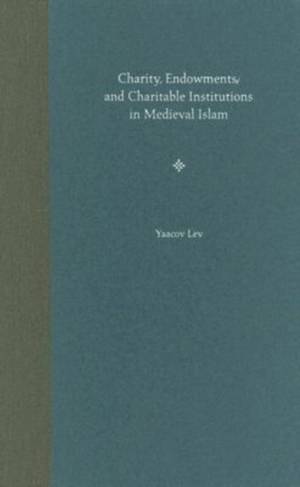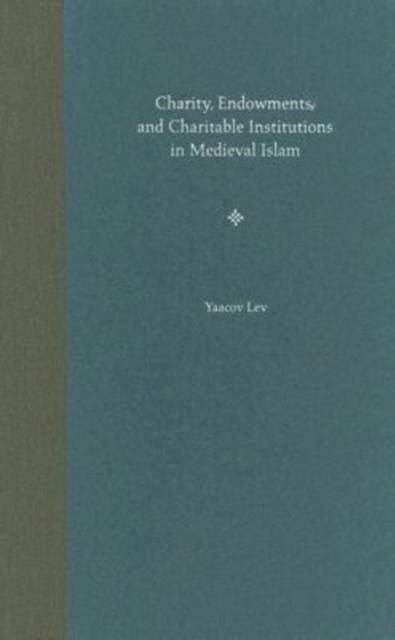
Bedankt voor het vertrouwen het afgelopen jaar! Om jou te bedanken bieden we GRATIS verzending (in België) aan op alles gedurende de hele maand januari.
- Afhalen na 1 uur in een winkel met voorraad
- Gratis thuislevering in België vanaf € 30
- Ruim aanbod met 7 miljoen producten
Bedankt voor het vertrouwen het afgelopen jaar! Om jou te bedanken bieden we GRATIS verzending (in België) aan op alles gedurende de hele maand januari.
- Afhalen na 1 uur in een winkel met voorraad
- Gratis thuislevering in België vanaf € 30
- Ruim aanbod met 7 miljoen producten
Zoeken
€ 64,95
+ 129 punten
Omschrijving
In this first comparative treatment of charity and charitable institutions in Islam and Muslim societies of the Middle East, Yaacov Lev mines a variety of primary sources, including Arabic chronicles, dictionaries, waqf (pious endowment) deeds, and epigraphic evidence. The book is not only broad in scope, covering a range of periods in medieval Islam--including the Fatimids, Abbasids, Ayyubids, and the early Ottoman period--but is also relevant to a range of issues and institutions, such as statecraft and political authority, urban society, law, education, health care, and gender. Charity is deeply embedded in the religious thought and teachings of the three monotheistic religions. This discussion, while focusing on medieval Islam, is set in a wider framework with many references to both Jewish and Christian parallels. Lev argues that medieval charity should be discussed within the context of monotheistic sacred charity, meaning redemptive alms-giving. As such, it transcends time and place and shows remarkable uniformity throughout changing historical circumstances.Lev examines three main topics: the meaning of charity to the individual, the social and political ramifications of alms-giving, and the impact of the institutionalized forms of charity (the awqaf system) on urban and rural societies. He analyzes the motives and attitudes of the donors (the caliphs, sultans, emirs, and the wealthy); the recipients of charity (the poor and the educated class); and the charitable institutions and services that provided the framework for conveyance (hospitals, Koranic schools, and law colleges, the ransom of captives, and support of orphans and widows).
Specificaties
Betrokkenen
- Auteur(s):
- Uitgeverij:
Inhoud
- Aantal bladzijden:
- 224
- Taal:
- Engels
Eigenschappen
- Productcode (EAN):
- 9780813028699
- Verschijningsdatum:
- 31/12/2005
- Uitvoering:
- Hardcover
- Formaat:
- Genaaid
- Afmetingen:
- 157 mm x 231 mm
- Gewicht:
- 453 g

Alleen bij Standaard Boekhandel
+ 129 punten op je klantenkaart van Standaard Boekhandel
Beoordelingen
We publiceren alleen reviews die voldoen aan de voorwaarden voor reviews. Bekijk onze voorwaarden voor reviews.









